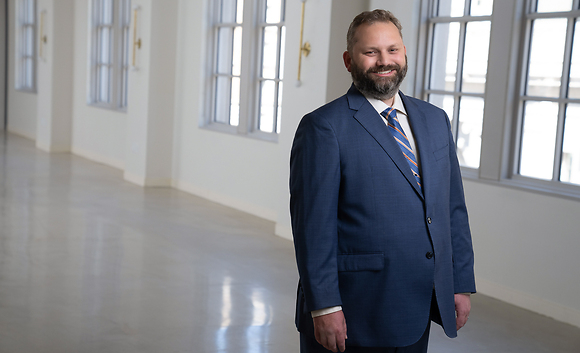Wisconsin Court Holds Parsonage Allowance Unconstitutional
Last Friday, a U.S. district court judge in the Western District of Wisconsin ruled that it is unconstitutional for the government to favor religion by not taxing tax ministers on housing allowances provided by their churches. This ruling does not take effect until after any appeals are complete, so it should not affect any ministers for the time being. Furthermore, the ruling addresses only cash housing allowances; ministers living in church-provided housing are not affected. If upheld, however, the ruling could have serious implications for ministers receiving cash housing allowances, with other challenges to special treatment for religious organizations and their employees likely to follow.
Subject to certain limitations, section 107(2) of the Internal Revenue Code provides that a "minister of the gospel" does not have to include in his or her gross income "the rental allowance paid to him as part of his compensation, to the extent used by him to rent or provide a home." However, according to the 43-page opinion in Freedom from Religion Foundation v. Lew, section 107(2) does not have a secular purpose and thus violates the Establishment Clause by favoring religious ministers over secular workers. The court therefore enjoined the IRS from enforcing section 107(2), effectively requiring the IRS to treat the ministers' housing allowance as fully taxable income.
The injunction does not take effect until after any appeals are complete. In the unusual event that the government did not file an appeal, it could take effect in as little as sixty days, but otherwise it would likely be delayed for over a year or more while the case makes its way through the appellate courts. Additionally, even if the injunction is affirmed in the Seventh Circuit Court of Appeals (covering Wisconsin, Illinois, and Indiana), it is not clear whether the IRS would follow the court's injunction in other circuits.
The Freedom from Religion Foundation decision relied heavily on the Supreme Court decision in Texas Monthly v. Bullock, 489 U.S. 1 (1989), which struck down a special sales tax exemption narrowly aimed at religious periodicals, but reaffirmed earlier holdings permitting the government to extend tax benefits to religious organizations as part of a broader class. It noted that Congress could, if it wishes, pass a broader exclusion not restricted to religious ministers that would pass constitutional muster. However, the court dismissed the government's arguments that the law as written today is nondiscriminatory because it allows for the possibility of atheistic or nonreligious individuals to qualify as "ministers of the gospel."
A significant issue in the case was whether the plaintiff foundation had standing to bring suit. Normally, a person can bring suit only if he or she is directly harmed by the challenged conduct. The court held that the Freedom from Religion Foundation established standing by including as plaintiffs some of its leaders, who do not receive the same benefits they would receive if they were ministers of the gospel. If the court's decision is upheld, it could pave the way for third-party challenges to other special benefits for religious groups, including section 107(1)'s exclusion for parsonages provided in-kind to ministers by their churches, and potentially to some special favors outside the religious context.
If you have any questions about this Alert, please contact a member of Caplin & Drysdale's Exempt Organizations Group:
| |
|
|
____________________________________________
| William D. Fournier |
![]()
For more than 45 years, Caplin & Drysdale has been a leading provider of a full range of tax and related legal services to companies, organizations, and individuals throughout the United States and around the world. With offices in New York City and Washington, D.C., the firm also provides counseling on matters relating to tax controversies, bankruptcy, creditors' rights, exempt organizations, employee benefits, private client services, corporate law, white collar defense, complex litigation, and political activity.
| Washington, D.C. Office: | New York, NY Office: 600 Lexington Avenue 21st Floor New York, NY 10022 212.379.6000 |
Disclaimer
This communication does not provide legal advice, nor does it create an attorney-client relationship with you or any other reader. If you require legal guidance in any specific situation, you should engage a qualified lawyer for that purpose. Prior results do not guarantee a similar outcome.
Attorney Advertising
It is possible that under the laws, rules, or regulations of certain jurisdictions, this may be construed as an advertisement or solicitation
© 2013 Caplin & Drysdale, Chartered
All Rights Reserved.
